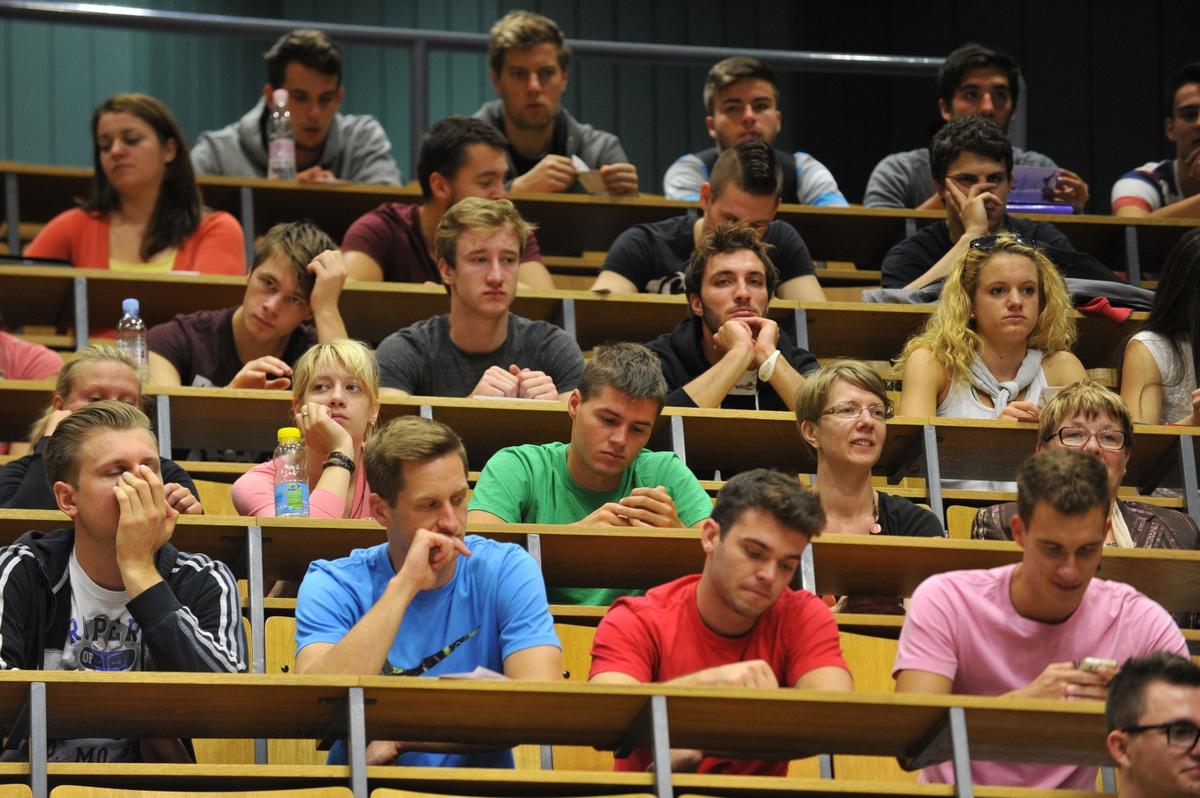
eurostudent.eu, 17 percent of Slovenian students go abroad during their studies. This puts Slovenia in 11th place in the EU.
Representatives of the Iskra student association last week drew attention to the difficulties students face when applying for an Erasmus+ grant. In the past, the Slovenian government topped up the grant with an additional 150 euros. Initially, the government wanted to scrap these additional allowances but agreed to pay 80 euros after protests from student groups. However, students are not happy with this compromise.
“We demand that the Ministry pay at least 150 euros, which was the initial amount. Funding must be stable so that students can assess whether they can afford to go abroad. We also demand that money be set aside to refund the difference between the initial allowance and the recent compromise, meaning that all students who are currently abroad or plan on going abroad next semester should be paid the missing 70 euros. We believe that austerity measures at the expense of the young are unacceptable. Just like in the past few years, the poorest students and families will be hit the hardest. In the long run, these measures will only exacerbate the country’s already alarming level of inequality,” said Iskra representative Romana Biljak Gerjevič. A smaller allowance would mean that only well-off students could afford to pursue studies abroad.
The Slovenian Students’ Organization (ŠOS) agrees that this allowance should be raised. “Admittedly, Slovenia is one of few countries that pays these national allowances. The amount of these allowances depends on the country the students go to,” said Žiga Schmidt, the head of ŠOS. He added that the government wanted to scrap these allowances altogether, but they have now agreed to pay 80 euros. Still, Schmidt said that his organization would like to see them increase to 150 euros.
According to ŠOS, participation levels vary from year to year. Sometimes fewer students participate in foreign exchange programs, but the organization could not explain why these fluctuations occur. “More than three million students have participated in foreign exchange programs on a European level. On the tenth anniversary of the Bologna Declaration, we pointed out that mobility was one of the few commitments – if not the only commitment – of the Bologna Declaration that works well,” Schmidt said.

































































